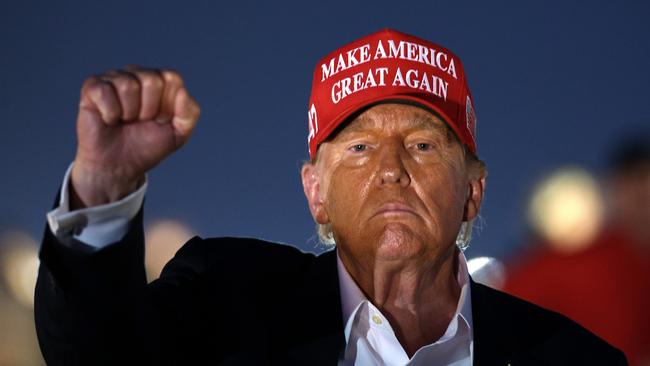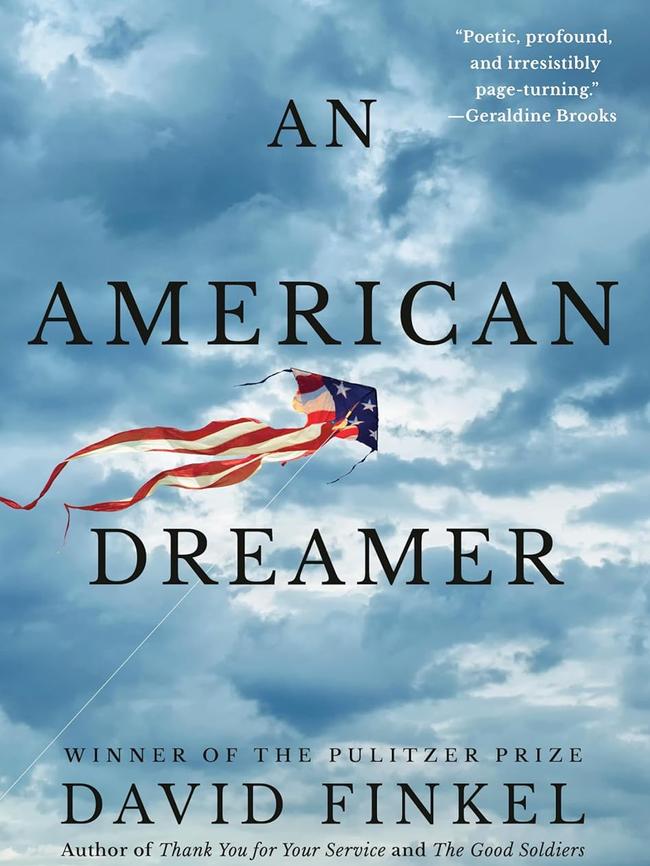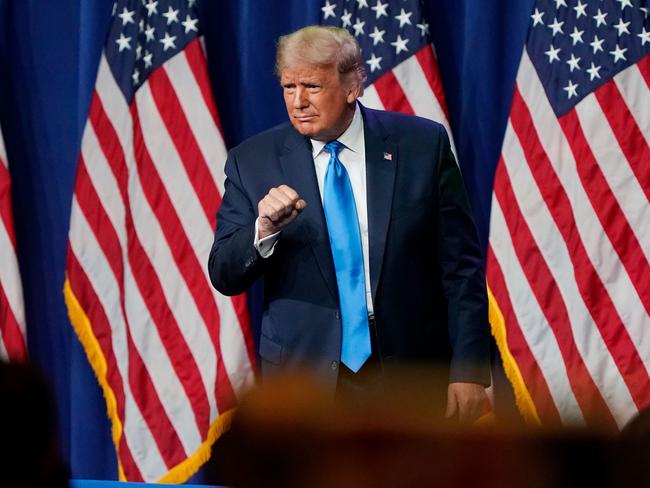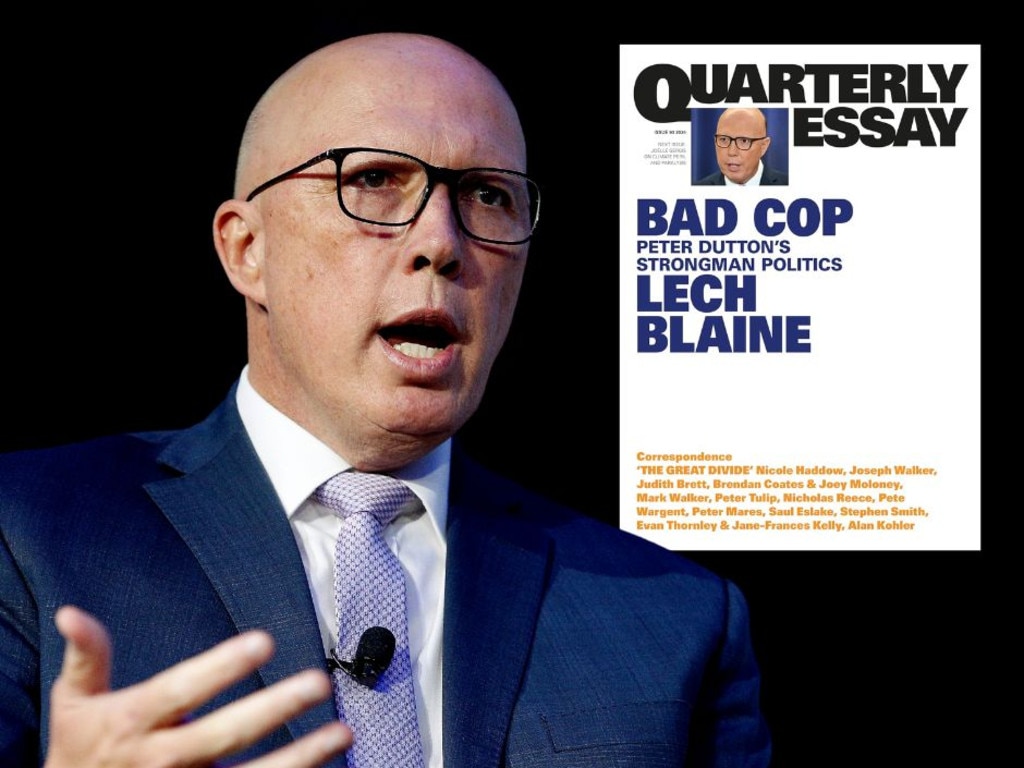David Finkel’s An American Dreamer: a new look at Trump
Like slavery, abortion, and Vietnam, Donald Trump is an issue that divides ordinary Americans, splitting families, straining the mystic chords of memory. What’s behind his appeal?

For a man who does not read, Donald Trump sure does inspire a lot of books. Do any of the more than fifty written since he came down that escalator to announce his candidacy for the US presidency in 2015 get to the heart of his mystery.
Most Trump books fall into pro- and anti- camps. His niece, Mary Trump, wrote one of the most excoriating (Too Much and Never Enough: How My Family Created the World’s Most Dangerous Man), whereas a classicist, Victor Davis Hanson, wrote one of the few sympathetic accounts: The Case for Trump.

You can spot a Trump-hating book from a mile away. Titles will include words like Coup, Treason, Collusion, Devil, Compromised, Disloyal, Reckoning, Erosion. My favourite: Insane Clown President (by Matt Taibbi), a New York Times bestseller.
Pro-Trump titles are markedly fewer, less colourful, and strain for respect: Faith, Understanding, Trust – and many are by his immediate family or political allies. Academic defences of the Donald are essentially non-existent; it is hard to get hired on most US campuses with that on your CV (He wrote a pro-Trump book in 2026. No way we can shortlist him.)
Both camps share a common failure to grasp Trump’s attractiveness to voters. Left-wing authors (which by my count make up 75 per cent of the literature) obsess about his racism, greed, and misogyny. Conservatives, who have made peace with Trump, see his success as a product of progressive failure. They explain him as a reactionary.
Very few books get down and dirty in the minutia of the lives of the men and women where his appeal is greatest. There are two notable exceptions: Strangers in their Own Land: Anger and Mourning on the American Right, by sociologist Arlie Russell Hochschild (that is high praise because I rarely recommend a sociologist to explain anything) and Hillbilly Elegy by Trump’s possible running mate this year, JD Vance.
These are remarkable reads.

A third and new exception is An American Dreamer: Life in a Divided Country by former war reporter David Finkel. Like Hochschild and Vance, Finkel earns his spurs by communing with Trump’s base. He says he is neither for nor against him (though his editorialising is often Trump-sceptic). Rather, he charts the social, political, cultural, and interpersonal ripple effects of this unusual presidency in the family lives of small-town Georgia – a swing state this November.
Finkel, an exponent of immersion journalism, earned his right to pontificate by travelling with US troops during the Iraq war. The Good Soldiers, the resulting book, deserved its critical acclaim. Brent Cummings, the colonel he followed then, he follows on his return to civilian life (in his middle 50s) for his new book, which narrates Brent’s encounters, which the author either directly observed or pieced together via emails and texts, with the issues that define 2016-2021: race riots, COVID, and the 6 January insurrection.
This is not a work of fiction but of the most jarring facts.
The routine of small-town life can be enervating. I lost count of the errands Brent runs. Do any other people on earth run errands the way Americans do? And with such seriousness of purpose? But Finkel balances the humdrum with fascinating inquiries into the nature of the American soul, community, and purpose in the most powerful and now increasingly riven nation.

In affecting passages, we learn of Brent’s bad dreams; he rises early to avoid their onset. Iraq haunts him.
He adores his daughter, Meredith (‘Mer’), who has Down syndrome. He worships his wife, Laura, in a way peculiar to men of the American south. He puzzles over how to maintain good relations with his MAGA neighbour (and quadriplegic), Michael. Brent thinks Trump a fraud - “He lies. He lies to us every day” - but Michael sees Trump as Christ-like. When he ultimately confronts Michael about his views, after years of avoiding the Orange One in conversation, the friendship between them never recovers. Like slavery, abortion, and Vietnam, Trump is an issue that divides ordinary Americans, splitting families, straining the mystic chords of memory.
Trump is the spectre haunting the book. Does Finkel help us understand his appeal and his prospects this November? Yes, he does. In describing the anti-Trump voter as something other than left-wing the author does his craft a great service. Brent is a social conservative. This man of military discipline is appalled at Trump’s childishness and ill-discipline. This is the opposite of the woke criticism that negates a proper assessment of him.
It is through Brent that we glean the powerful hold Trump has on his community’s imagination. All around is discord and division. America, Brent soliloquizes, is fracturing worse than Israel-Palestine. His friends and family fear civil strife. They see in the urban violence of Black Lives Matter (George Floyd is killed at the book’s halfway mark) a horrible portent of what awaits small-town America.
Finkel conveys the fear that has moved over 75 million citizens to vote for Trump – a figure he will almost certainly surpass this year. In his inaugural address, Trump described an “American carnage.” George W. Bush, the president who sent Brent to Iraq, seated behind him, called this “some weird shit.” But Finkel’s writing conveys just how entrenched this pessimism is.
Gloom about American prospects is in vogue. For those of us that hope the experiment has much further to run, Finkel presents a compelling set of challenges. The men that fight and die to advance the American dream, are losing faith in it.
Finkel has written a compelling account of one soldier’s quest to find meaning and purpose in his military service. He makes accessible a question many veterans and their families would rather elide: “If the America we defended is falling apart, what was the point of our sacrifice?” – and the answer many are coming round and back to: “Trump alone will save us.”
Timothy J. Lynch is professor of American politics at the University of Melbourne




To join the conversation, please log in. Don't have an account? Register
Join the conversation, you are commenting as Logout